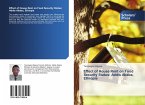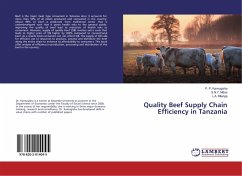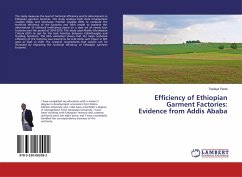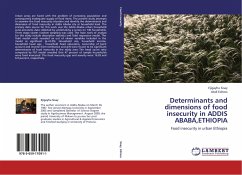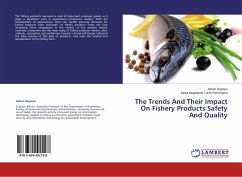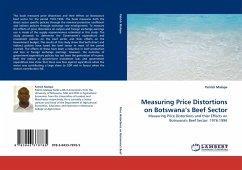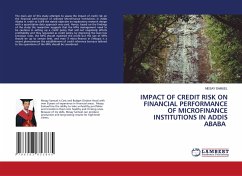Conjoint analysis was applied to asses the part worth of beef quality and safety attributes using a cross sectional data from a stratified sample of 300 households in Addis Ababa city collected in June 2007. The software used for estimation is SPSS 15. Results show that fat content, freshness, neatness of meat shop and personnel, abattoir stamp and price are significant quality and safety attributes that consumers use in their beef purchase decisions. Interactive variables like family size, religion, age, schooling, stay in Addis Ababa and martial status are also found to significantly influence quality and safety perceptions. On the other hand some variables such as sex of meal planners are found to have insignificant role in quality and safety perception. The result further indicates that income has a great role in influencing people perception regarding safety and quality of beef. The result of the study could be used for designing safety and quality standard for local wet market.
Bitte wählen Sie Ihr Anliegen aus.
Rechnungen
Retourenschein anfordern
Bestellstatus
Storno


